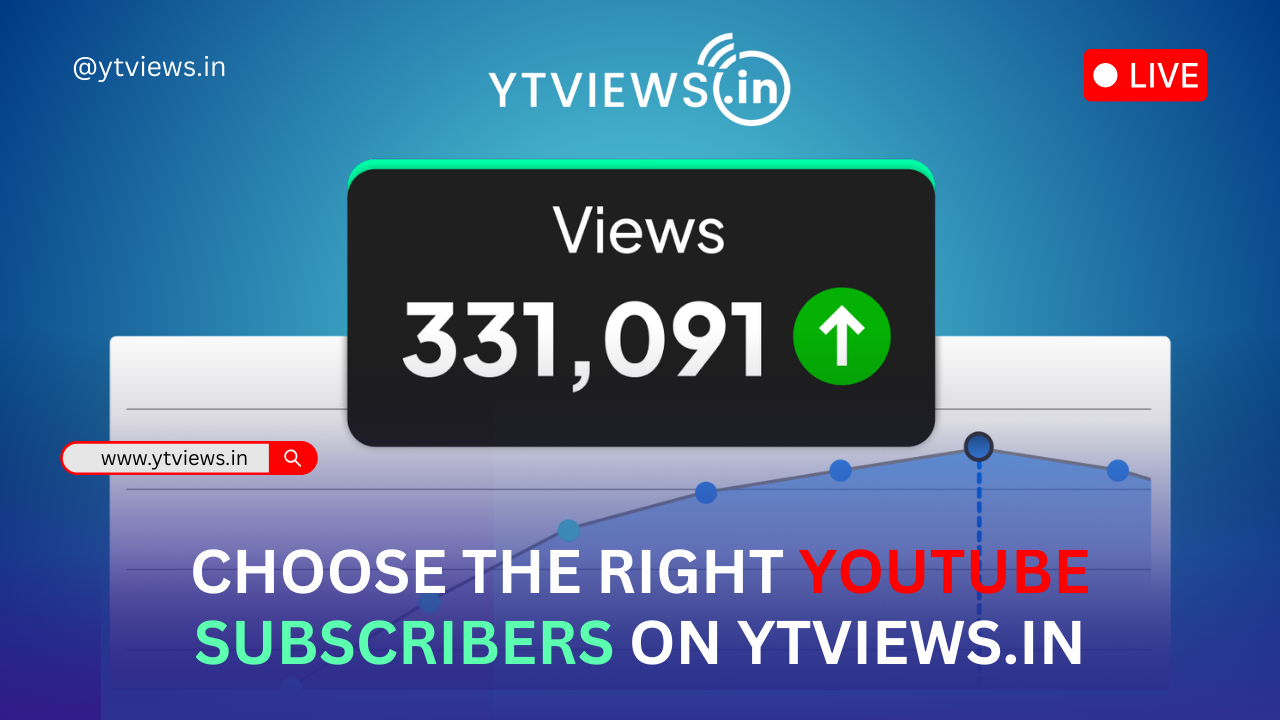Social Media Giant Meta Takes Free Speech Case To The Supreme Court
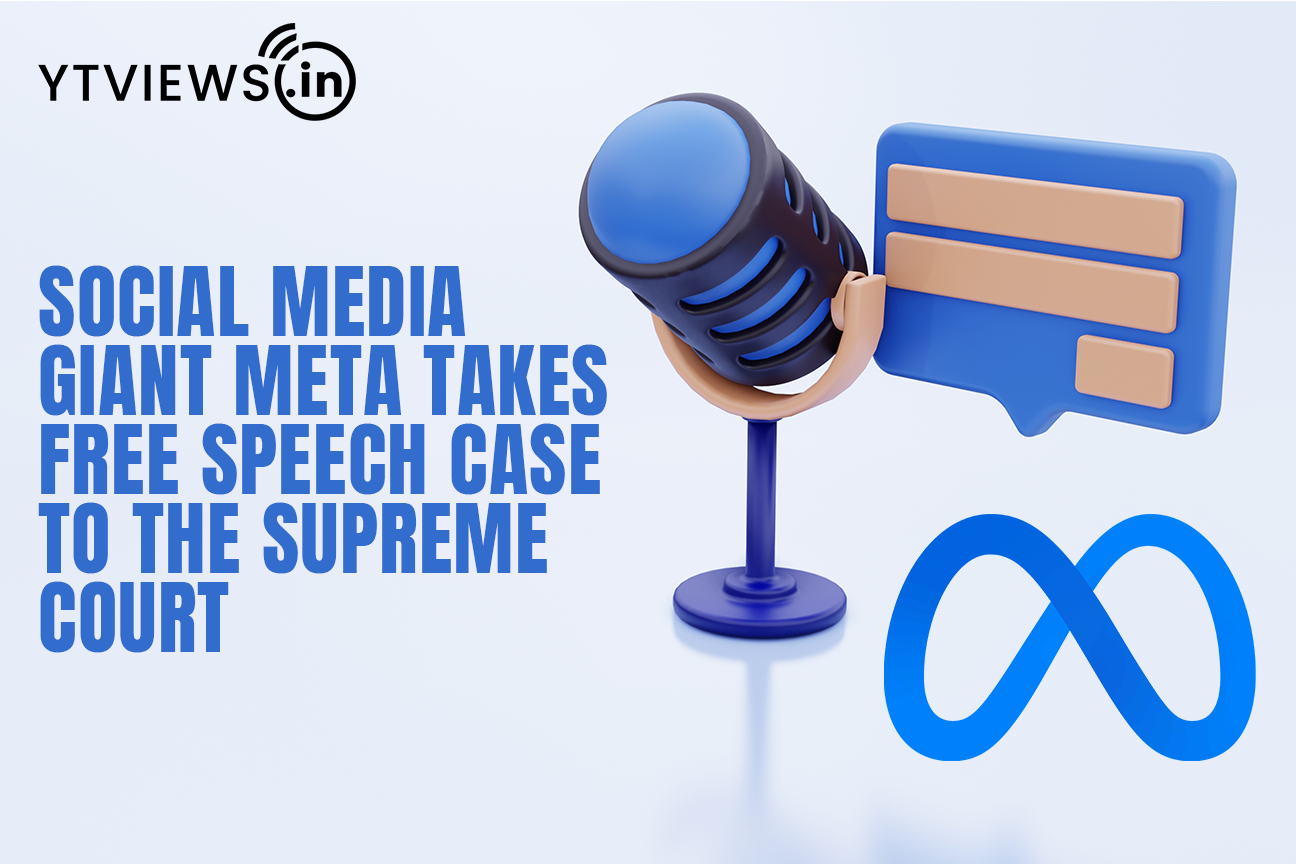 Meta Platforms Inc, a social media powerhouse, has argued the Delhi High Court that a user’s rights under Article 19 (free expression) of the Indian Constitution cannot be applied against it since it is a private business that does not perform a public role. The US-based corporation stated in an affidavit submitted in response to a writ petition against an alleged disabling of an Instagram account that the “Instagram Service is a free and voluntary platform” controlled by a private contract, and the petitioner user “had no basic right to use it.” Multiple petitions have been filed before the Supreme Court contesting the suspension and deletion of several user accounts by major social media networks.
Meta Platforms Inc, a social media powerhouse, has argued the Delhi High Court that a user’s rights under Article 19 (free expression) of the Indian Constitution cannot be applied against it since it is a private business that does not perform a public role. The US-based corporation stated in an affidavit submitted in response to a writ petition against an alleged disabling of an Instagram account that the “Instagram Service is a free and voluntary platform” controlled by a private contract, and the petitioner user “had no basic right to use it.” Multiple petitions have been filed before the Supreme Court contesting the suspension and deletion of several user accounts by major social media networks.
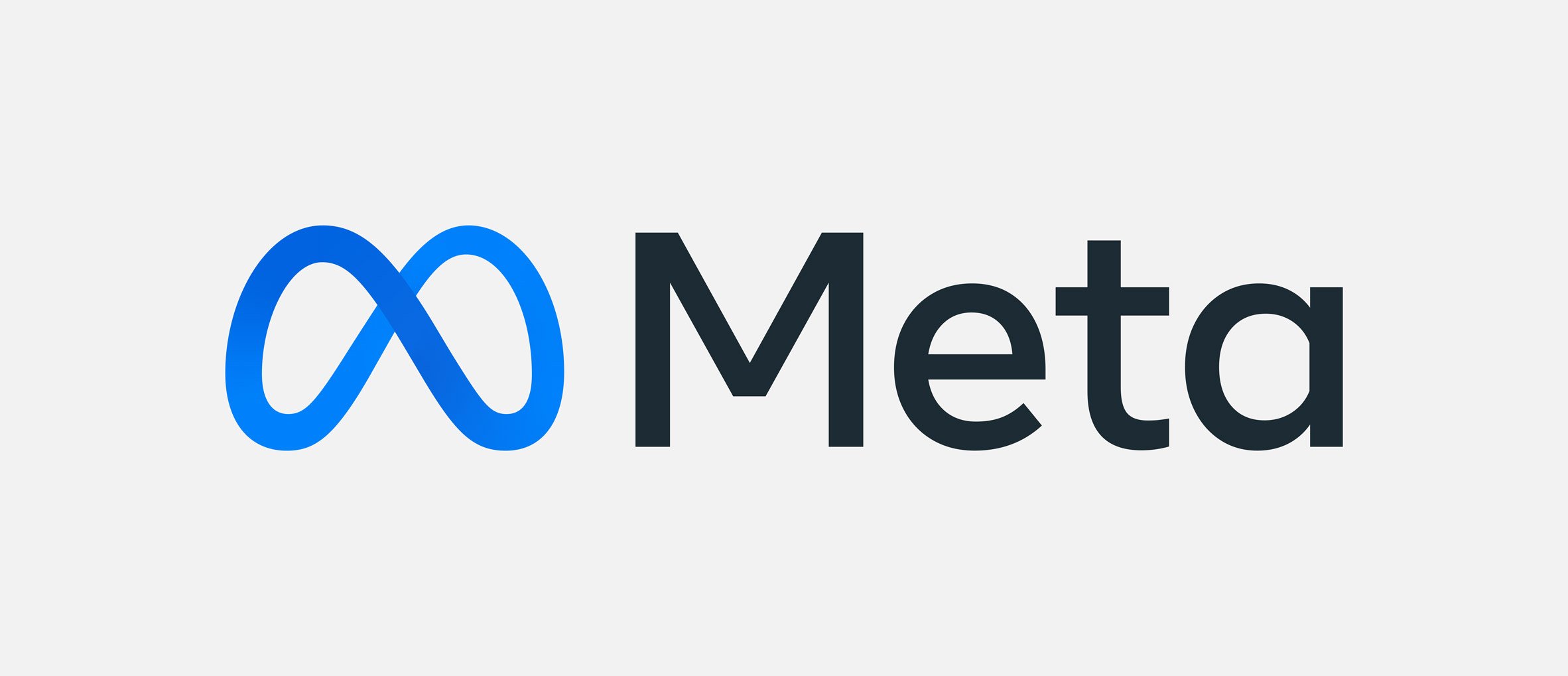
In response to another petition challenging the suspension of a Twitter account, the Central government told the Supreme Court in March that an individual’s liberty and freedom cannot be “waylaid or jettisoned in the slipstream of social and technological advancement,” and that social media platforms must respect citizens’ fundamental rights and adhere to the Indian Constitution.
It had emphasised that a big social media intermediary must be held accountable for subjugating and supplanting fundamental rights such as the right to free speech and expression, or there will be “dire implications for any democratic society.” Meta maintained in its affidavit submitted in this case that it is not compelled to carry out a “public obligation,” and that when action is taken against a user in line with their private contract, it arises in a “contractual conflict between two private parties.”

According to the social media giant, whether its alleged enforcement actions were improper is governed by the Instagram Terms of Service and Community Guidelines, which constitute the private contract, and Meta is thus not amenable to the high court’s writ jurisdiction under Article 226 of the Constitution.
Meta stated in the affidavit that, contrary to the petitioner’s allegations, it does not have a monopoly in the domain of information dissemination or carry out any sovereign function, and that the law only requires intermediaries to provide an opportunity to appeal after action has been taken against any account and not to hear them before action is taken.
Related Posts

Buy Real X Followers in India for Safe Profile Growth

Ytviews.in Threads Followers Growth Strategy Guide

How to earn money from Instagram reels in 2026
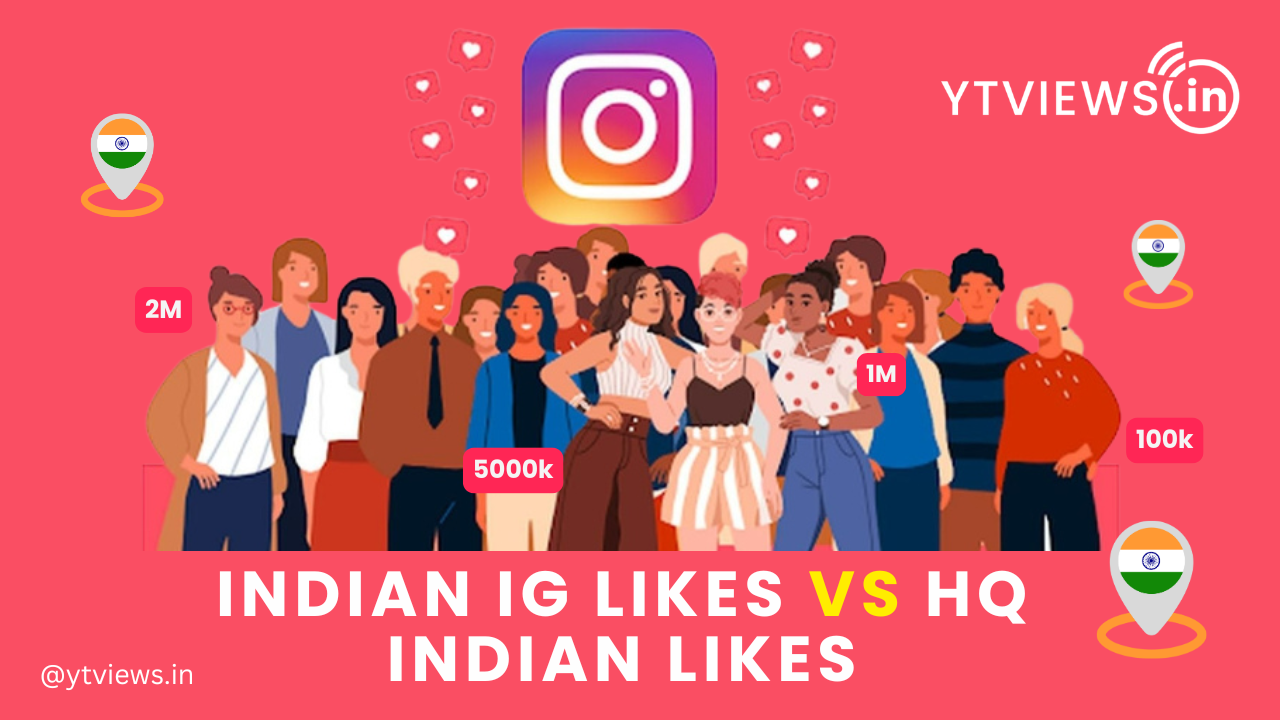
Indian IG Likes vs HQ Indian Likes: What’s the Difference
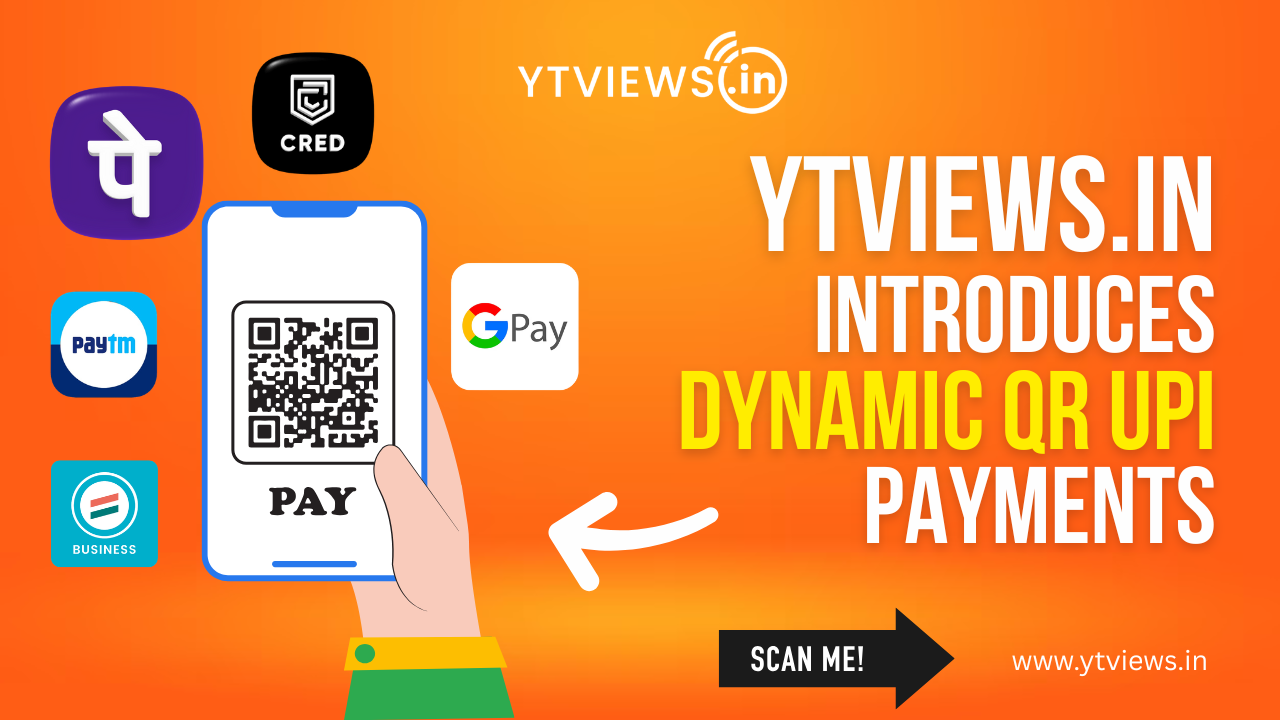
Ytviews.in Makes Payments Easier with Dynamic QR UPI
